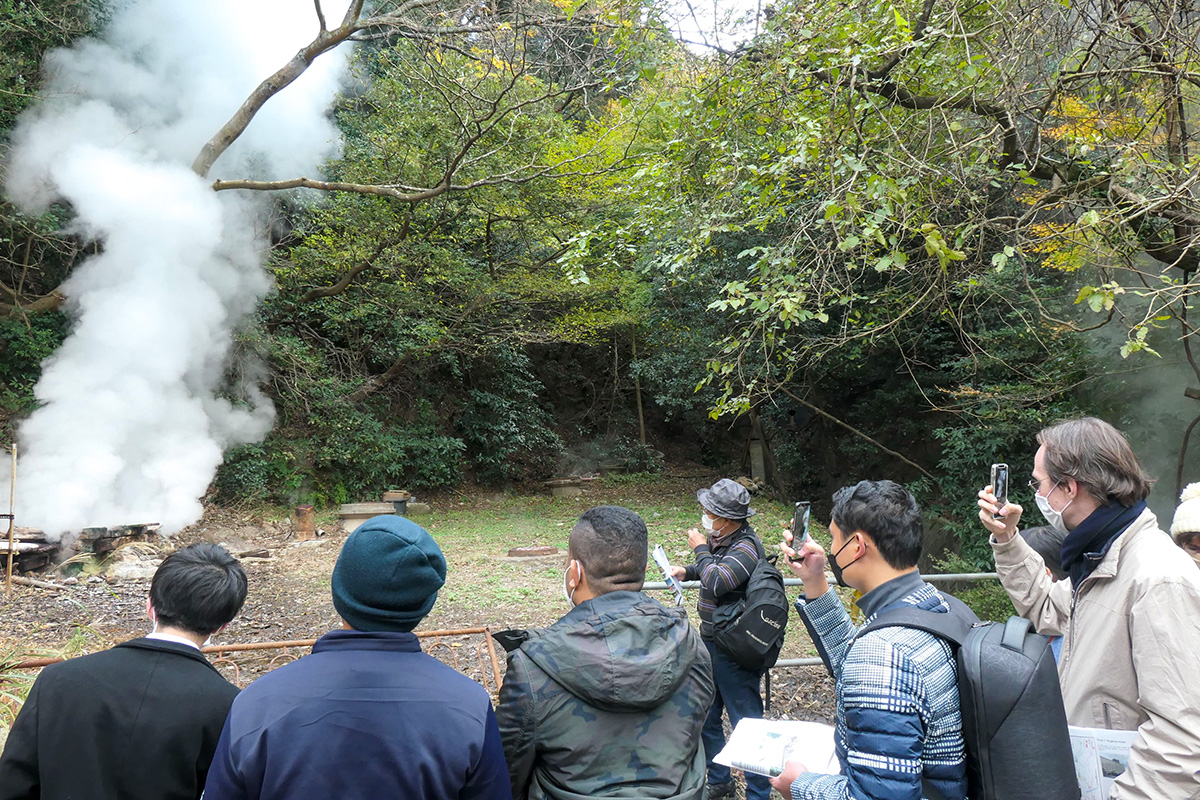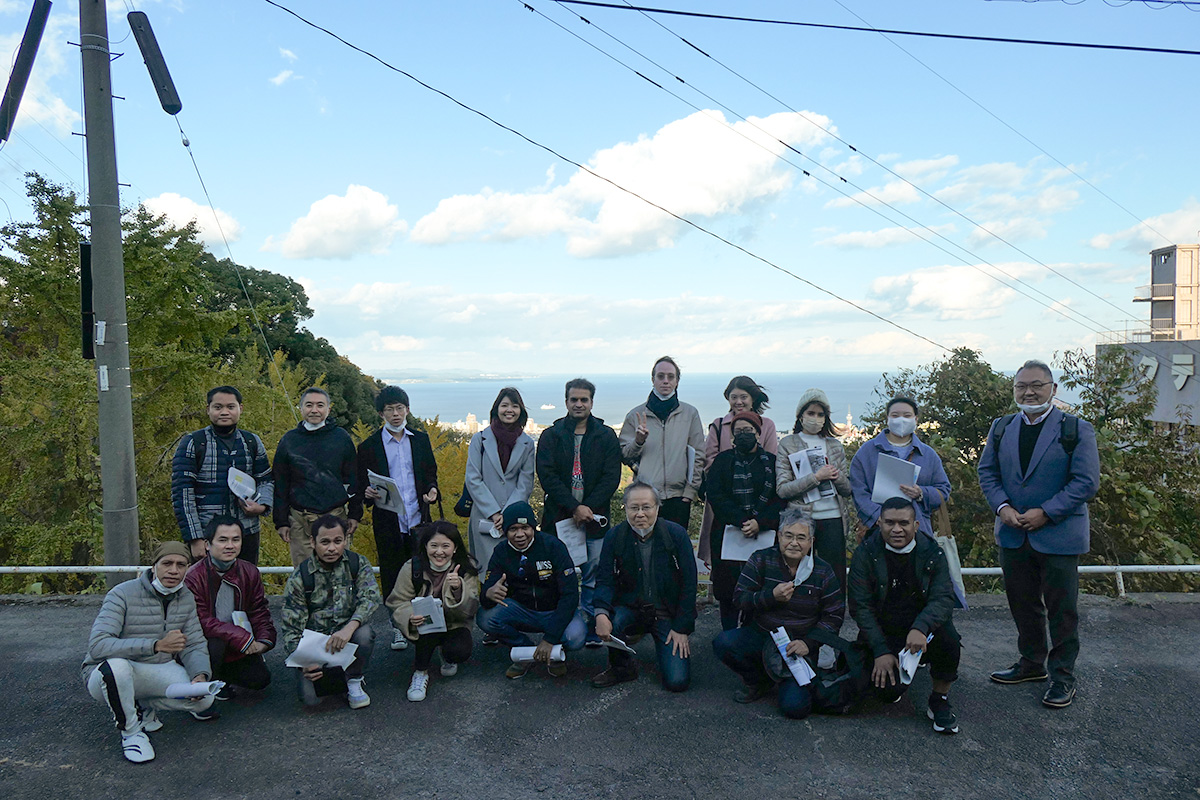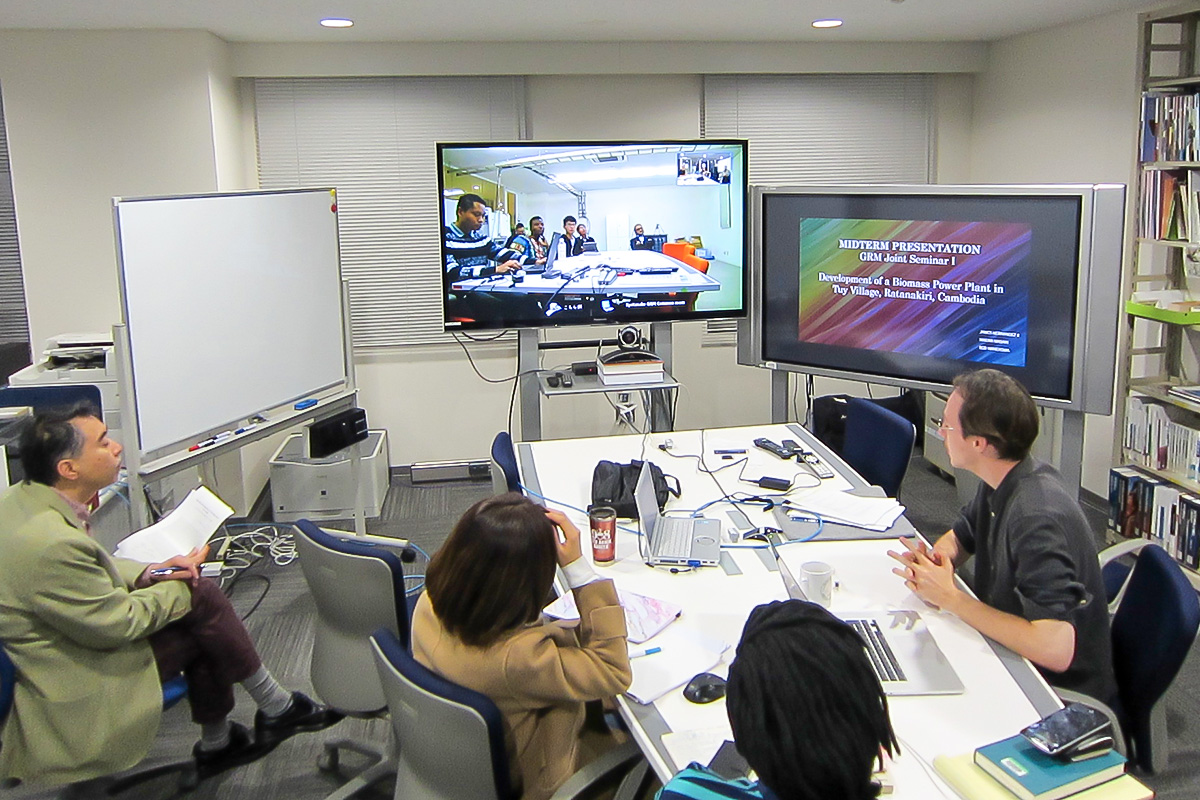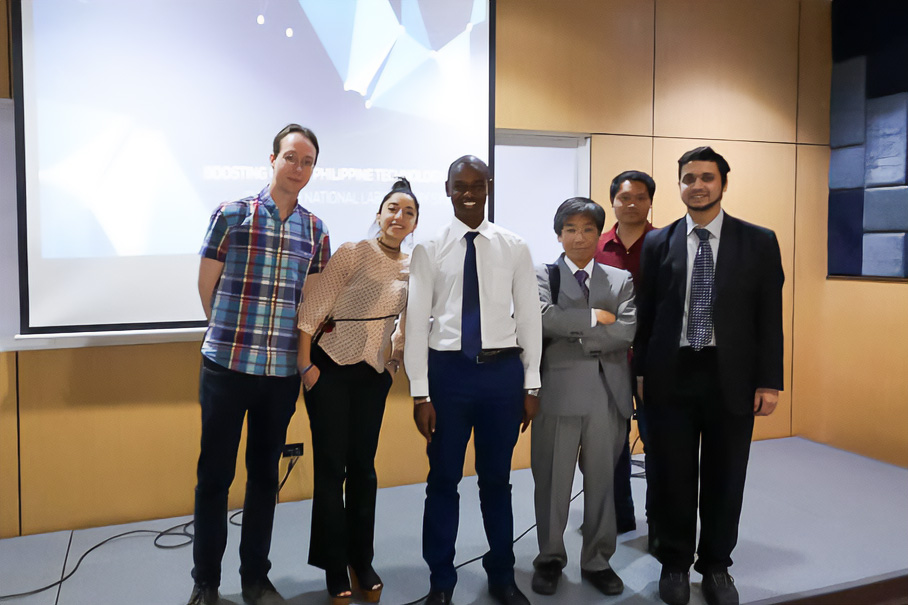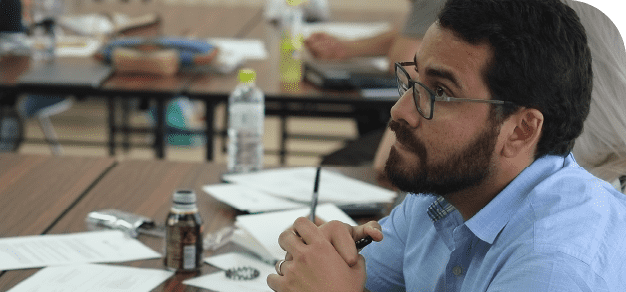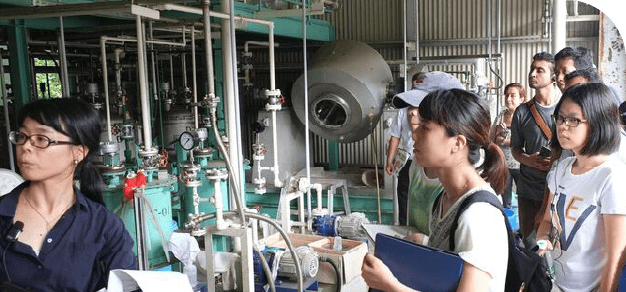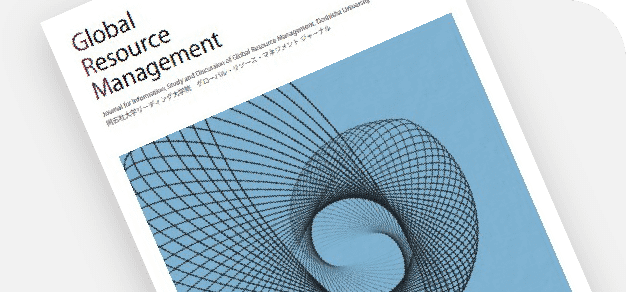GRM Students’ Reports
GRM Program Completion Report
Graduate School of Global Studies Eco Hamersma
2024/01/23
The Advanced Doctoral Program in Global Resource Management (GRM) at Doshisha has been a transformative journey for me, shaping my understanding of a wide variety of technical issues important to combat today’s global issues. In short it has helped equipping me with the science literacy necessary to navigate the complex challenges of today's interconnected world, allowing me to make more informed decisions when called for. I will delve into the key aspects of my achievements through this program, touching upon academic growth, cultural exposure, skill development, and the broader impact on my professional and personal outlook.
In so far as the program contributed to the direct development of my doctoral dissertation, there was no exact connection between the program’s contents and the contents of my thesis. While I was writing from a perspective purely based on philosophy and ethics, GRM’s focus for me as a social sciences student was on the physical sciences. However, there are several contributing factors which allowed me to develop my research. Thanks to the grants provided through GRM I was able to conduct the fieldwork necessary to gather the required data for my statistical analysis. Similarly, the internship options provided the ability for an extended stay in the target area of my research. And perhaps most importantly, the mindset which was developed to consider problems from an interdisciplinary perspective. It was exactly this interdisciplinary perspective which I will consider the single best point of the program, allowing us to learn a wide range of topics which otherwise would have been out of reach based on our overall career trajectories.
Through some of the courses I took I learned to engage with a variety of topics which I would otherwise have left by the wayside. Most fondly I will remember the classes of Prof. Motoi Wada, who always took the time to explain various complex aspects of the natural world and boiled them down in a way that anyone in a completely different disciple could easily understand them. I think I speak for most, that we often wonder about the natural world and why or how certain things work. Perhaps we even forgot some of our high school physics classes, leaving us wondering about complex issues. Often, we don’t have a great teacher who can actually explain it to us in a way that makes sense. But through the GRM program I had the opportunity to ask those questions. Furthermore, Prof. Naoyuki Agawa’s course on the history and development of the Japanese constitution was very interesting. I learned a lot about Japanese history in the post-war period that I would not have had it not been for the GRM program. In the context of living in Japan these last few years this was useful to be able to contextualize my stay within the wider political reality around me.
Within the course program we also worked on a variety on real world projects. We worked on a water access problem for a rural Himalayan town. Isolated electrical grids on Japan’s outlying islands. As well as an electricity connectivity project in rural Cambodia. These were challenging tasks where students from a variety of disciplines had to work together as a team to come up with innovative solutions. As a social sciences student, GRM for aimed to teach me practical physical science skills. Meanwhile, for the physical sciences students, GRM aimed to teach them skillsets from the social sciences. As such we could collaborate in teams where we could utilize our unique attributes. Completing these challenges was a very exciting part of the program, as it invariably led to new ways of thinking about pressing real world problems. While at the same time, the diverse settings of the projects themselves contributed to a more global understanding of otherwise regional problems.
The international exposure provided by the program also contributed significantly to my personal growth. Unfortunately, for the majority of the program international travel and even face-to-face meetings were impossible due to the COVID-19 pandemic. As such, the international experience which was common in the program prior to the pandemic I did not get to experience much. However, prior to the pandemic we did have a wonderful field visit to the Philippines to learn about that nations progress in the development of plasma technologies. This was itself a very interesting experience and I was happy to be a part of it. Meanwhile, the opportunity was used to discuss the geopolitical situation in the Philippines with students from the University of the Philippines. Unfortunately, the following trip to Kenya, to visit several geothermal power plants, was canceled just a few days before departure. Nevertheless, I continued my research into geothermal power and published an article in the Journal of Global Resource Management together with a fellow GRM graduate later in March of 2021. In November of that same year, we were able to visit the geothermal power plant in Beppu, Japan, allowing use to see first-hand the day-to-day operations of an active Japanese plant.
In this context, I would also like to mention my interaction with the other GRM members. The program has attracted scholars from every corner of the world. Perhaps the greatest gift was a chance to interact with such diverse people. To learn about their local issues, fostering mutual understanding, and gaining an overall broader cultural perspective. Even today when the majority of the fellow students I met during the program have graduated and moved away from Kyoto, we still keep in touch every now and then. Reflecting back on this time, I can surmise that the program contributed to our overall ability to deal with complex and multifaceted problems, while working in a group of people from diverse disciplines and cultural backgrounds. While regular coursework in graduate school might have you interacting with your fellow students, the level of cooperation required for the GRM group work truly required each to do their part. Overall, I am very positive about the program and am happy to have been a part of it during my time as a student at Doshisha University.
